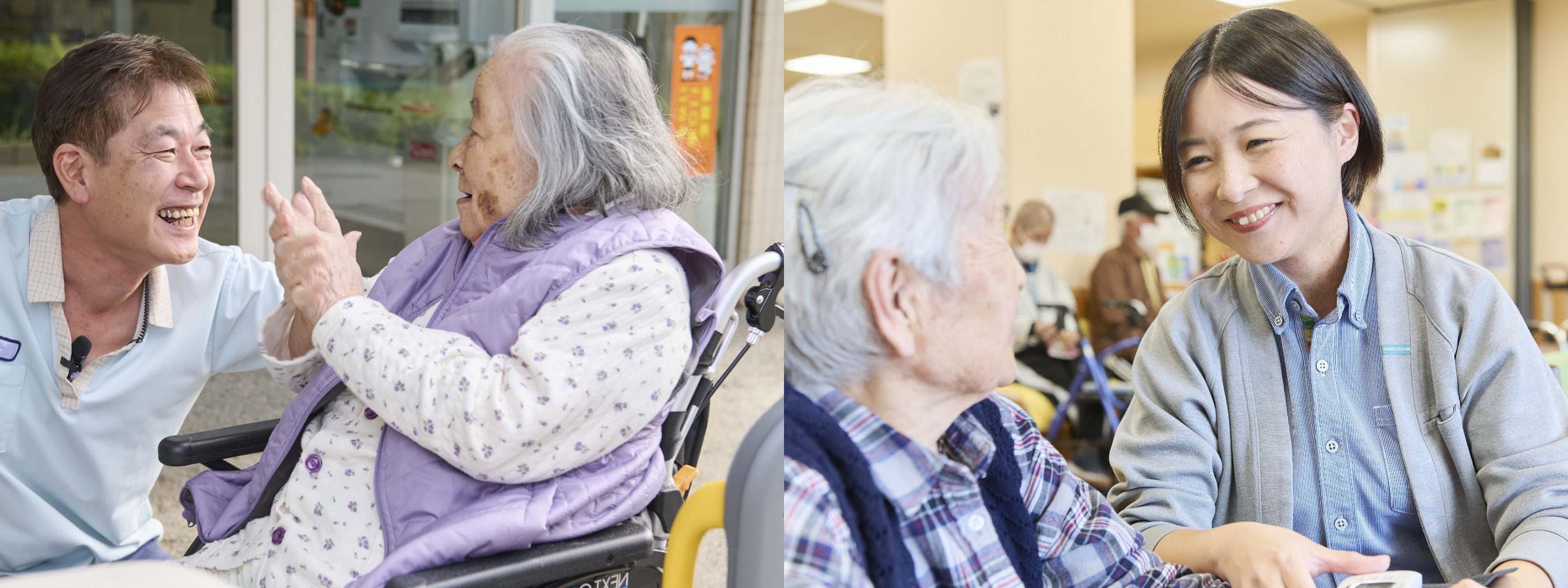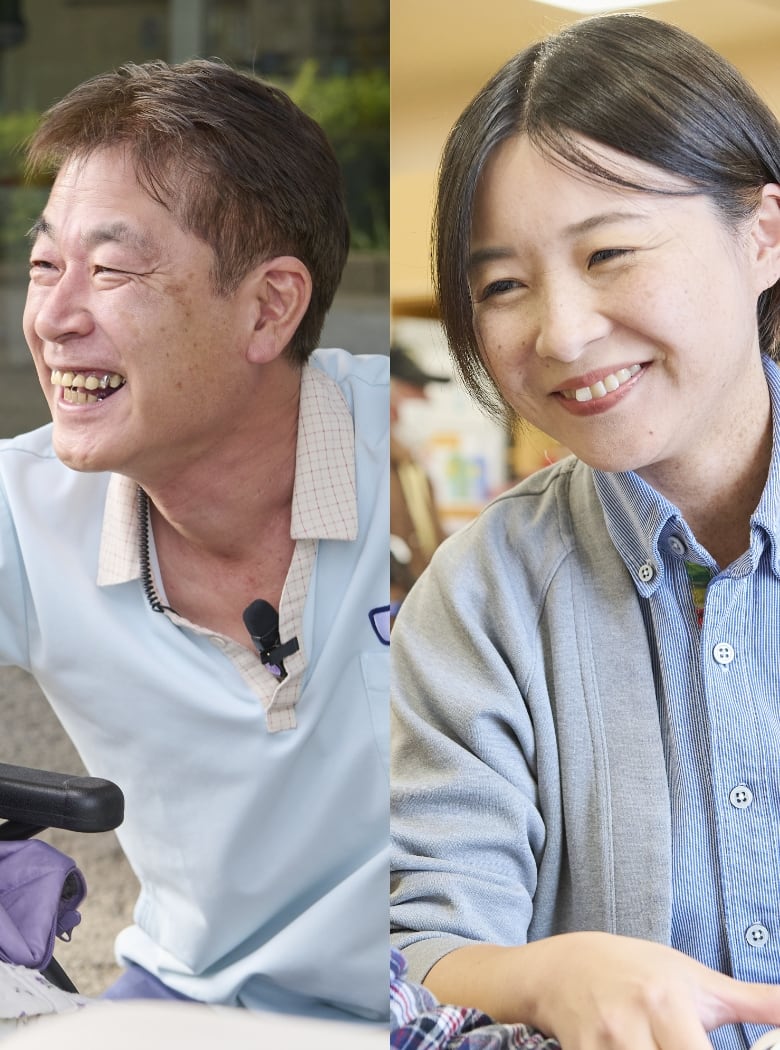Born in the NAGAURA
4月から育成支援部リーダーとなったクラリスさんが、研修を終えて法人初の外国人介護福祉士実習指導者となりました。
「フィリピン ナーシングケア人材育成ジョイントプログラム」は2008年のことですから、彼女は留学生としての初来日から17年を迎えます。
その後JPEPA第4バッヂで再来日し、留学期間でのアルバイトが実務経験に参入されて飛び級受験で介護福祉士に合格しました。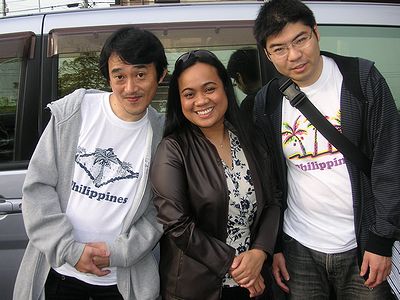
当時の指導者は現カトレアンホームの課長さんでしたネ。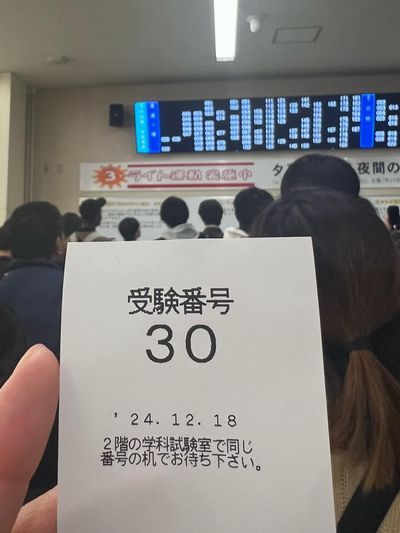
その後はJVEPA第1バッジやJPEPA第8バッヂの合格支援を担い、一昨年度は技能実習責任者の講習を受けて他国からの技能実習生の監督役、昨年度は東京開催の介護に従事する外国人たちのミーティングにも登壇しています。
他にも永住申請や日本での運転免許取得など介護福祉士取得後もステップアップをしてきた彼女。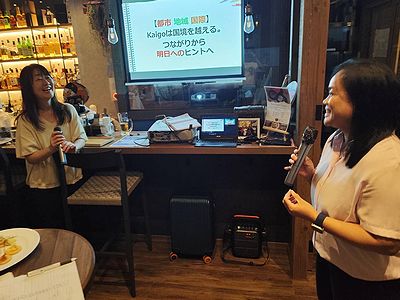
今回は中央介護福祉専門学校開催の講習会を経て、介護福祉士養成校からの実習生の指導者となります。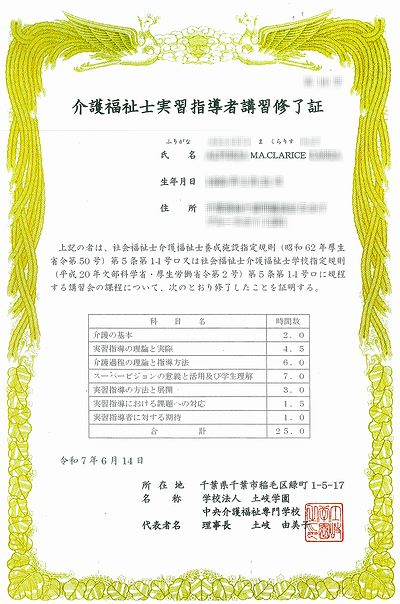
ちょうど今般、介護分野の国家資格「介護福祉士」について、国などが指定する養成施設を卒業すれば、国家試験に不合格でも取得できる「特例措置」適用者が2017年度以降、外国人を中心に8,000人を超えたという報道があったばかり。
言葉の問題などで試験合格率の低い外国人が働けるようにするための措置=国家国家資格の価値を損ねているというの声も強く、継続するかどうかで意見が割れているところです……って、その意見など我々現場は求められてさえもいないわけで、現場不在の論議で事が進むのはコメもカイゴも同じです、もういささか飽きてきましたよね(笑)。
自身も介護福祉士養成校の教員として外国人留学生を数多く受け持ってきた施設長は、「言葉の問題など……の“など”ってなんだよ?」とキレまくっています(笑)。
「そもそも、じゃ日本人合格率って100%近かったっけ!?(笑) 助かった日本人もいるんですけどね」
「こんな措置以前に、国試よりも簡単な養成校協会統一試験(しかも再試あり)だけで日本人学生に資格を付与してた長い黒歴史は抹殺してんの?」
「統一試験に一度落ちて再試で付与した日本人学生数がどのくらいなのか調査した方がいいよ、8,000で済むといいよね⁉」
「外国産も国産も、イイものはイイし、ダメなものはダメ。外国産だから、国産だからっていう出自だけでスクリーニングするのってさ、それは相互関税と同じじゃね⁉」
どんどん口が悪くなっていくので施設長インタビューはここまでにして、こういった逆風があるからこそ、彼女には“してやったり、そら見たことか”のような活躍を期待してやみません。
※留学生ルートとEPAルートは異なり、EPAルートでは上述の「特例措置」対象にはなりません。
着任おめでとうございます、日本人も外国人も養成できる外国人介護福祉士の誕生です。
そうです、「社会福祉士および介護福祉士法」では介護福祉士について、“専門的知識及び技術をもつて、身体上又は精神上の障害があることにより日常生活を営むのに支障がある者につき心身の状況に応じた介護を行い、並びにその者及びその介護者に対して介護に関する指導を行うことができる者のことを示しています。
ただ単に介護の仕事が出来て試験に合格したらOKじゃなくて、現場の介護者たちの指導もできるのが介護福祉士ってことですから、彼女はより本物の介護福祉士になっていくわけです、これから。
どうぞ殊更のお引き立てを御願い上げ奉ります……
ChatGPTによると女性の成功を祝うのはこの曲がおすすめでした!
Congratulations to Liz on completing the practical training instructor training course.
Liz has been the leader of the Human Resources Development Support Section since April, and has now completed the training course to become our organization's first practical training instructor for foreign care workers.
The "Philippines Joint Program for Care Worker Development" began in 2008, and this year marks the 17th year since Liz first came to Japan as an international student.
She then returned to Japan as a member of the 4th batch of JPEPA, and her part-time work experience during her time at the university was recognized as practical experience, helping her pass the national exam for care workers early.
Her boss at the time is now the head of the nursing care department at an adjacent facility.
Since then, she has supported candidates for the 1st and 8th batches of JVEPA, and two years ago she completed the Technical Intern Trainee Supervisor Training Course and began to supervise foreign technical intern trainees.
Last year, she also gave a speech at a conference for foreigners working in the care industry held in Tokyo. She has steadily advanced in her career through various milestones, such as obtaining a care worker qualification, applying for permanent residency, and obtaining a Japanese driver's license.
In recent years, a special measure has been put in place that allows graduates of designated training institutions to obtain qualifications without passing the national exam, and since fiscal year 2017, it has been reported that more than 8,000 people, mainly foreign students, have obtained qualifications as care workers.
This measure was intended to allow more foreigners to enter the industry despite language barriers and low pass rates, but critics argue that it undermines the value of the national qualification.
The debate remains divided on whether this measure should continue.
However, in Japan, whether it is a problem in the care field or the rice shortage, such discussions often proceed without reflecting the opinions of those who are actually working in the field.
To be honest, we are a little tired of being left out of the discussions as well (laughs).
The director of our facility has experience teaching many international students as a lecturer at a care worker training school, and is particularly vocal about this point.
"What do you mean by 'etc.' in 'language barriers etc.'?!"
"Was Japan's pass rate ever close to 100%? Foreigners are not the only ones who benefited."
"Before this special measure, didn't Japanese students qualify through a much easier unified exam (including retakes) by the Japan Association of Training Schools? That's a conveniently forgotten history."
"You should look into how many Japanese people have qualified through retakes of the unified exam.Is 8,000 enough? It might just be the tip of the iceberg."
"Good caregivers are good and bad caregivers are bad, regardless of whether they are domestic or foreign.Judging only by their place of origin is like a mutual tariff!"
I'll stop quoting the director before I get any more dirty (lol).
But it's precisely because of this headwind that I'm looking forward to seeing Liz's performance.
I hope that through her acting, she will overturn the eyes of the skeptics.
Once again, congratulations to Liz on her new position.
She is a true caregiver who can train both Japanese and foreigners. The Social Welfare Act defines a care worker as follows: "A person who has the specialized knowledge and skills to provide care to individuals who have difficulty living their daily lives due to physical or mental disabilities, in accordance with their physical and mental condition, and who can provide guidance on care to those individuals and their caregivers."
In other words, a care worker is not simply qualified to perform care work or pass an exam, but is also qualified to provide guidance and training to others in that field.
Liz is growing into just such a professional.



